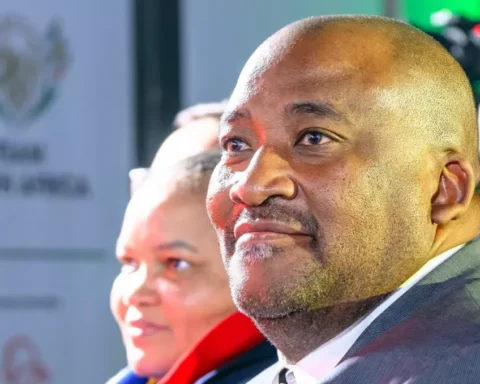In a harrowing event that unfolded live on social media, Kelvin Mhofu Ngoshi, a Zimbabwean socialite residing in South Africa, tragically ended his life by consuming a mixture of rat poison and Coca-Cola. The incident, which took place on March 24, 2024, has sparked a widespread conversation about mental health, social media’s impact, and the importance of community support.
Ngoshi, known for his vibrant social media presence, chose not to speak during the broadcast, leaving viewers in shock as the tragedy unfolded. The immediate aftermath saw an outpouring of grief and confusion online, with many expressing sorrow and regret over the inability to intervene.
This incident sheds light on the darker undercurrents of social media, where signs of distress may often be overlooked or misunderstood. Ngoshi’s prior posts, hinting at personal turmoil, have led to a retrospective understanding that more could have been done to offer support.
The community’s reaction has been a mix of mourning and reflection, with some pointing out the moral and religious dilemmas surrounding suicide. The event has ignited a broader debate on the responsibility of individuals and communities to foster environments where open discussions about mental health and seeking help are encouraged.
As this story unfolds it serves not only as a somber reminder of a life lost but also as a catalyst for change. The conversation is steering towards the critical need for accessible mental health resources and the role of social media platforms in providing a safe space for vulnerable individuals.
In memory of Ngoshi, the narrative evolving is one that calls for action—action towards understanding, support, and prevention. It highlights the urgent need for a collective effort to address mental health crises and to ensure that those who are struggling can find solace and assistance before it’s too late.
This incident, while deeply tragic, underscores the importance of community, awareness, and the power of compassion in navigating the complexities of mental health. It’s a wake-up call that many are hoping will lead to positive change and a more supportive society.








